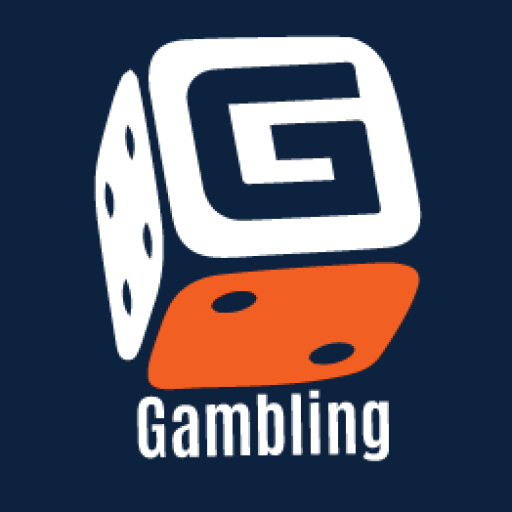About US
your premier destination for all things gambling-related. Whether you’re a seasoned pro or a newcomer to the world of betting, we’ve got you covered with expert advice, insightful articles, and resources to help you make informed decisions and enjoy a responsible gambling experience. At thegamblinginfo, we understand the importance of providing accurate and up-to-date information to our users. That’s why our team of experienced writers and industry experts work tirelessly to bring you the latest news, tips, and strategies to enhance your gambling journey.
Menu
